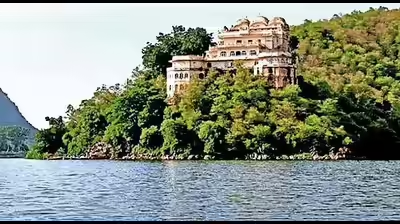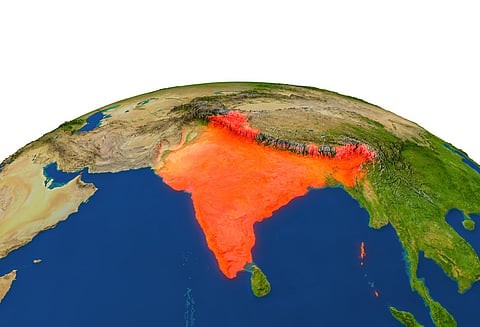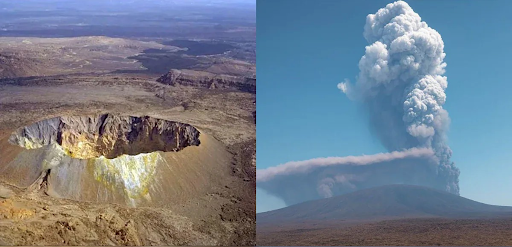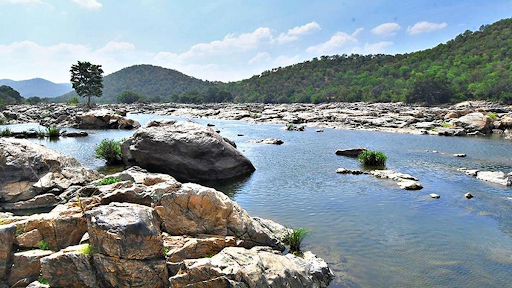Description
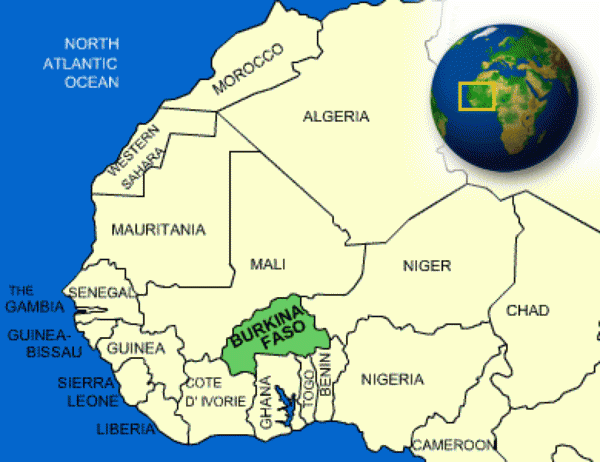
Disclaimer: Copyright infringement not intended
Context
Around 170 people were "executed" in attacks on three villages in northern Burkina Faso.
Details
Burkina Faso
Burkina Faso, a landlocked country in West Africa, is known for its rich cultural heritage, diverse landscapes, and struggles with poverty and political instability.
Geography
- Situated in the heart of West Africa, Burkina Faso is bordered by six countries: Mali to the north, Niger to the east, Benin to the southeast, Togo and Ghana to the south, and Ivory Coast to the southwest.
- Climate: The country's terrain includes savannahs, semi-arid plains, and low mountains in the west.
- Capital and Largest City: The capital of Burkina Faso is Ouagadougou, located in the central part of the country. It serves as the economic, administrative, and cultural center of Burkina Faso.
- Population and Ethnicity: With a population of over 20 million people, Burkina Faso is home to multiple ethnic groups, including the Mossi, Fulani, and Bobo. The Mossi people are the largest ethnic group and dominate the country's political and social landscape.
- Languages: French is the official language of Burkina Faso, inherited from its colonial past under French rule. However, numerous indigenous languages are also spoken, reflecting the country's ethnic diversity.
Economy
- Burkina Faso's economy is primarily based on agriculture, with cotton being the most important cash crop. Gold mining has also become a significant economic activity in recent years, contributing to the country's GDP. However, Burkina Faso remains one of the poorest countries in the world, with widespread poverty and limited access to basic services.

Political History
- Burkina Faso gained independence from France in 1960 and was formerly known as Upper Volta. The country has experienced periods of political instability and military coups since independence. However, it has made strides towards democratic governance since the 1990s, with regular elections and peaceful transitions of power.
Culture
- Burkina Faso boasts a rich cultural heritage, with traditional music, dance, and art playing significant roles in daily life. The FESPACO (Pan-African Film and Television Festival of Ouagadougou) held biennially in Ouagadougou is one of Africa's largest film festivals and celebrates the continent's cinematic achievements.
Challenges
- Despite its cultural richness and agricultural potential, Burkina Faso faces numerous challenges, including food insecurity, inadequate healthcare, and education systems, as well as recurring droughts and climate change effects. Additionally, the country has grappled with security threats from jihadist insurgencies in recent years, particularly in the northern and eastern regions.
- Burkina Faso has been grappling with a jihadist insurgency waged by rebels affiliated with Al-Qaeda and the Islamic State group that spilled over from neighbouring Mali in 2015
|
PRACTICE QUESTION
Which of the following countries does NOT share a border with Burkina Faso?
- Mali
- Nigeria
- Ivory Coast
- Niger
Answer B
|






